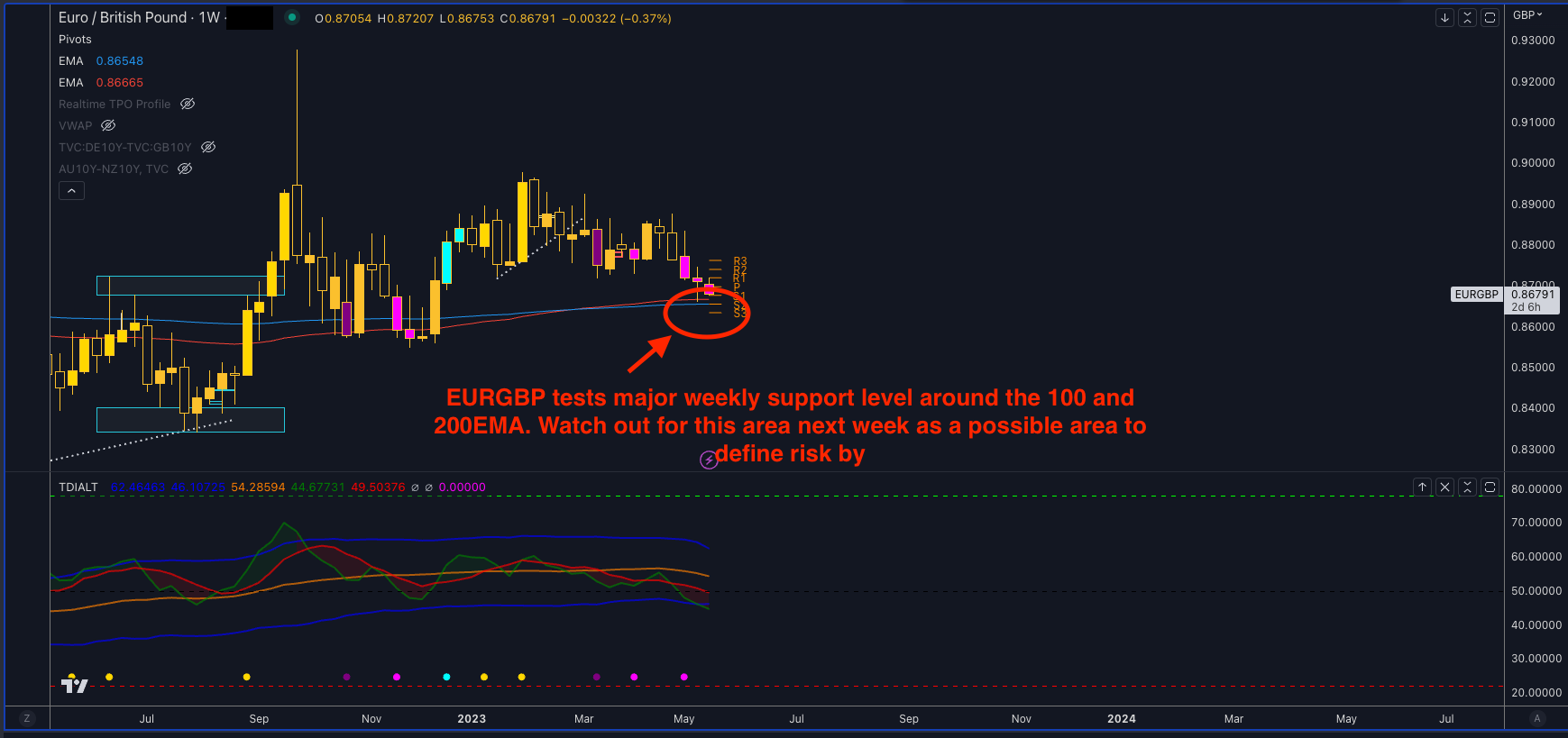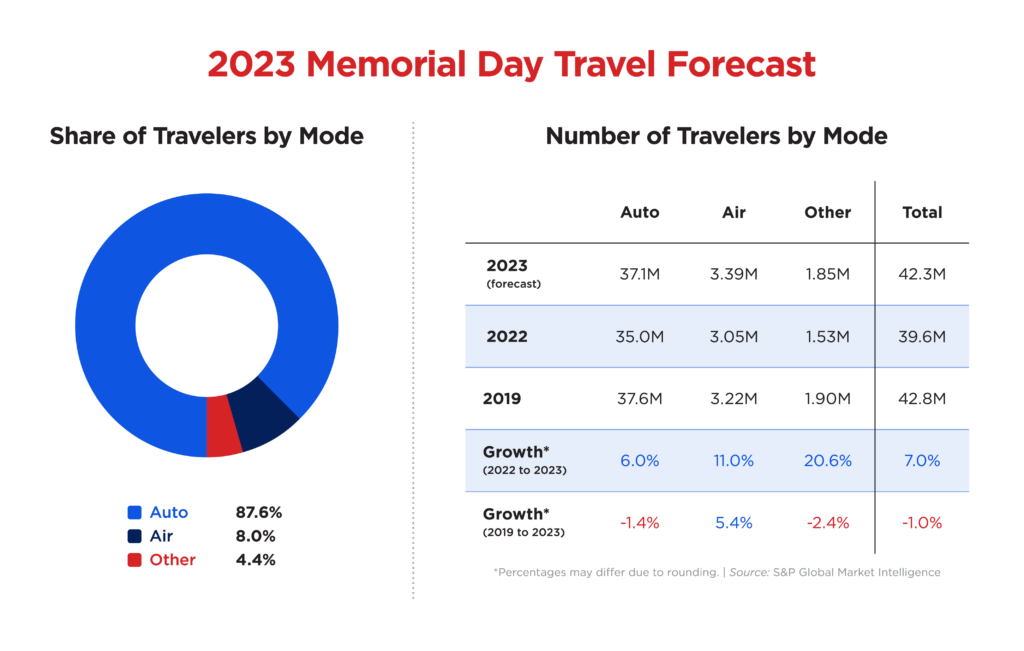UK Inflation Data Sends Pound Higher As BOE Rate Cut Bets Diminish

Table of Contents
Lower-Than-Expected Inflation Figures Boost the Pound
The recent release of UK inflation figures revealed a lower-than-anticipated rate of price increases, providing a much-needed boost to the Pound. This positive surprise contrasts sharply with the prevailing concerns about persistent inflationary pressures in the UK economy. The figures represent a significant departure from previous months and the market's consensus forecasts.
- Specific Percentage Changes: The Consumer Price Index (CPI) registered a [Insert Actual Percentage Change]% increase year-on-year, lower than the [Insert Analyst Forecast]% predicted by economists. The Retail Price Index (RPI) also showed a similarly positive trend, recording a [Insert Actual Percentage Change]% increase.
- Comparison to Analyst Forecasts: Multiple leading financial institutions had forecasted higher inflation rates, suggesting that the actual figures exceeded expectations. This divergence fueled a positive market reaction.
- Significant Contributing Factors: The decline in inflation can be attributed to several factors, including a moderation in energy prices, easing pressure on food costs, and a slight decrease in core inflation (excluding volatile energy and food prices).
This lower-than-expected inflation significantly reduces the pressure on the BOE to implement further interest rate cuts to combat inflation, thereby supporting the Pound's value.
Diminished Expectations of a BOE Rate Cut
Prior to the inflation data release, market sentiment leaned towards the expectation of a further BOE interest rate cut. This anticipation was largely driven by concerns about the UK's economic growth trajectory and the persistent, albeit moderating, inflationary pressures. The current BOE interest rate stands at [Insert Current BOE Interest Rate]%.
- Current BOE Interest Rate and Potential Consequences: A rate cut would have likely weakened the Pound by reducing the attractiveness of UK assets to foreign investors. Conversely, a rate hike would have strengthened the Pound, but at the cost of potentially slowing economic growth.
- Impact on Borrowing Costs and Economic Growth: Lower interest rates typically stimulate borrowing and investment, potentially boosting economic activity but also risking further inflation. Conversely, higher rates can curb inflation but may stifle economic growth.
- Shift in Market Sentiment: The lower-than-expected inflation figures have dramatically shifted market sentiment. The likelihood of a near-term BOE rate cut has diminished, prompting investors to regain confidence in the Pound.
This shift in expectations is a key driver behind the Pound's recent appreciation.
Market Reaction and Pound Sterling Appreciation
The immediate market response to the positive inflation data was swift and decisive. The Pound experienced a notable strengthening against major currencies, reflecting increased investor confidence and reduced risk aversion.
- Specific Percentage Changes in Exchange Rates: The GBP/USD exchange rate rose by [Insert Percentage Change]%, while the GBP/EUR rate increased by [Insert Percentage Change]%.
- Significant Trading Volume Changes: Trading volumes increased significantly following the data release, indicating substantial market activity driven by the positive surprise.
- Potential Impact on UK Businesses and Consumers: A stronger Pound can benefit UK businesses by making imports cheaper and potentially increasing their competitiveness in global markets. Conversely, it can negatively impact export-oriented businesses and might lead to higher import prices for consumers.
The short-term implications point to a stronger Pound, while the long-term outlook remains dependent on several factors, including future inflation reports and the BOE's ongoing monetary policy decisions.
Conclusion: Analyzing the Impact of UK Inflation Data on the Pound
In summary, the unexpectedly low UK inflation figures have led to a significant reduction in market expectations of a BOE rate cut, resulting in a substantial strengthening of the Pound Sterling against major currencies. The importance of UK inflation data in shaping market sentiment and influencing the BOE's policy decisions cannot be overstated. While the short-term outlook for the Pound appears positive, the longer-term trajectory remains uncertain and will depend on evolving economic conditions and future inflation releases.
Call to action: Stay informed about crucial UK inflation data releases to make better financial decisions and understand how these figures impact the Pound Sterling and the UK economy. Monitor the BOE's interest rate decisions and their effects on the Pound's exchange rate. Understanding these key economic indicators is vital for navigating the complexities of the UK currency market.

Featured Posts
-
 Are Museum Programs History The Long Term Effects Of Funding Reductions
May 24, 2025
Are Museum Programs History The Long Term Effects Of Funding Reductions
May 24, 2025 -
 The Perils Of Change When Seeking Improvement Leads To Punishment
May 24, 2025
The Perils Of Change When Seeking Improvement Leads To Punishment
May 24, 2025 -
 Memorial Day Beach Forecast 2025 Ocean City Rehoboth Sandy Point
May 24, 2025
Memorial Day Beach Forecast 2025 Ocean City Rehoboth Sandy Point
May 24, 2025 -
 Universal Vs Disney A 7 Billion Theme Park Fuels The Theme Park Arms Race
May 24, 2025
Universal Vs Disney A 7 Billion Theme Park Fuels The Theme Park Arms Race
May 24, 2025 -
 Avoid Memorial Day Travel Chaos Best And Worst Flight Days In 2025
May 24, 2025
Avoid Memorial Day Travel Chaos Best And Worst Flight Days In 2025
May 24, 2025
